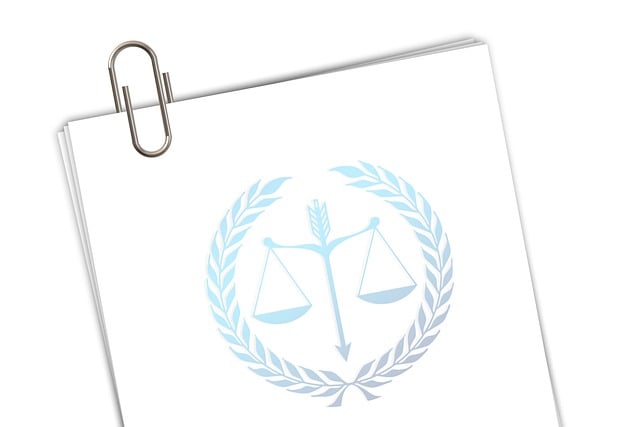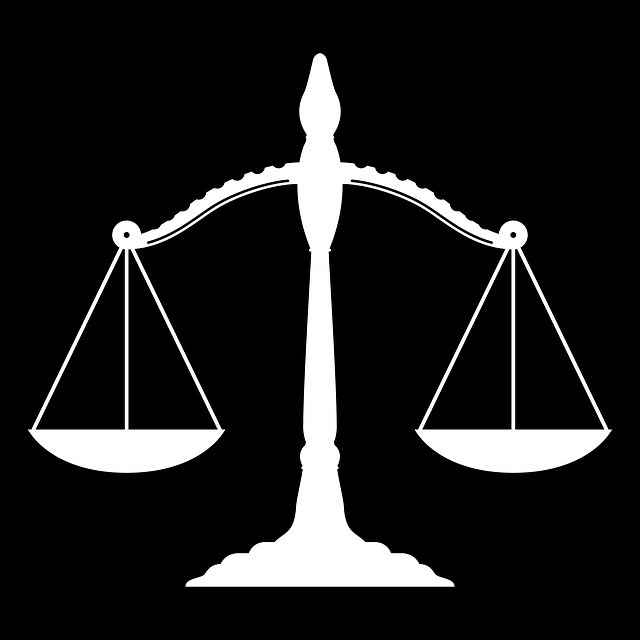The text explores how successful consumer protection lawsuits have become a powerful tool in holding businesses accountable for unethical practices, protecting consumer rights, and shaping industries. Notable cases, such as a class-action suit against a tech company for privacy violations and a lawsuit against a financial institution for white-collar crimes, demonstrate their impact. Through strategic legal strategies and public sentiment, these lawsuits not only compensate victims but also set industry standards and deter future misconduct, ensuring a fairer marketplace. Key examples, including Examples of Successful Consumer Protection Lawsuits, highlight their critical role in advocating for justice and corporate accountability.
Litigation comes in various forms, each with distinct strategies and impacts. This article delves into the world of litigation types, focusing on consumer protection lawsuits—a powerful tool for holding businesses accountable. We explore real-world examples of successful consumer suits, highlighting key factors that lead to wins in these cases. Additionally, we examine the current impact and future prospects of consumer protection litigation, providing valuable insights for both legal professionals and consumers.
- Understanding Different Types of Litigation
- Consumer Protection Lawsuits: A Powerful Tool
- Real-World Examples of Successful Consumer Suits
- Key Factors Leading to a Win in Consumer Cases
- The Impact and Future of Consumer Protection Litigation
Understanding Different Types of Litigation

Litigation comes in various forms, each with distinct characteristics and potential outcomes. Understanding these different types is crucial for anyone involved in legal disputes. Consumer protection lawsuits, for instance, have gained significant attention due to their ability to hold businesses accountable for unfair or deceptive practices. These cases not only offer financial compensation to affected individuals but also serve as a deterrent, sending a strong message to companies about the consequences of breaching consumer trust.
An unprecedented track record of successful consumer protection lawsuits has been achieved through strategic legal arguments and a deep understanding of the respective business practices. This has led to substantial changes in industry standards and contributed positively to the philanthropic and political communities. By examining these cases, future litigants can learn valuable lessons on navigating complex legal landscapes and securing justice for consumers.
Consumer Protection Lawsuits: A Powerful Tool

Consumer Protection Lawsuits serve as a powerful tool for safeguarding individuals from unfair business practices and ensuring corporate accountability. These legal actions not only protect consumers but also set precedents for future cases, creating a safer marketplace. Examples of successful consumer protection lawsuits have led to substantial settlements and even complete dismissal of all charges against wrongdoers. By holding companies liable for their actions, these suits incentivize ethical business conduct and encourage transparency.
High-stakes cases often involve complex issues and significant financial implications, drawing attention from both legal experts and the public. Whether representing corporate or individual clients, consumer protection attorneys play a vital role in advocating for justice. Their work ensures that businesses operate within legal boundaries and treat customers fairly, fostering trust and fairness in the marketplace.
Real-World Examples of Successful Consumer Suits

In recent years, several examples of successful consumer protection lawsuits have highlighted the power of individual actions to hold powerful corporations accountable. One notable case involves a class-action suit against a major tech company for illegally tracking users’ online activities and selling this data to third parties. The plaintiffs argued that the company’s practices violated privacy laws and resulted in substantial financial losses for affected consumers. After a rigorous legal battle, the court ruled in favor of the consumers, awarding damages and imposing strict privacy regulations on the tech giant. This victory not only provided much-needed relief to thousands of users but also served as a winning challenging defense verdict against corporate data exploitation.
Another compelling instance is a lawsuit targeting a prominent financial institution accused of widespread fraud through white-collar and economic crimes. The plaintiffs, representing a large group of investors, alleged that the bank’s executives manipulated market trends, leading to significant financial crises for its clients. Through relentless legal efforts, the consumers’ advocate team presented compelling evidence, resulting in a landmark settlement. This successful outcome not only compensated the affected individuals but also set a precedent for holding financial institutions accountable for their actions, ensuring fairness and transparency in the marketplace.
Key Factors Leading to a Win in Consumer Cases

Winning consumer cases often hinges on several key factors. Firstly, a strong understanding of consumer protection laws is crucial. Attorneys must be able to demonstrate that a business has engaged in unfair, deceptive, or misleading practices, as these are the common grounds for legal action. Presenting clear and compelling evidence, such as documentation, receipts, and expert testimony, can significantly strengthen a case.
Another critical aspect is public sentiment, which can be a powerful ally. Examples of successful consumer protection lawsuits often resonate across the philanthropic and political communities, highlighting the broader impact of corporate misconduct. In high-stakes cases, where general criminal defense strategies come into play, a well-crafted narrative that communicates the harm caused to individual consumers can sway juries and judges alike. This approach not only ensures justice for the immediate plaintiffs but also sets a precedent for protecting the rights of many others in similar situations.
The Impact and Future of Consumer Protection Litigation

Consumer protection litigation plays a vital role in safeguarding individuals from unfair business practices and ensuring corporate accountability. Over the years, numerous examples of successful consumer protection lawsuits have emerged, showcasing the significant impact this legal avenue has on protecting rights and promoting justice. These cases not only provide financial redress to victims but also serve as powerful deterrents against future misconduct, setting precedents that shape corporate behavior.
The success of these litigations lies in their ability to hold businesses accountable for misleading advertising, unsafe products, or unfair pricing strategies. With an unprecedented track record of winning challenging defense verdicts, consumer protection lawsuits have demonstrated their effectiveness in securing justice. From securing substantial monetary damages to establishing new legal standards, these cases send a clear message that corporate greed and deception will not be tolerated. As the legal landscape continues to evolve, consumer protection litigation remains a robust tool, empowering individuals to stand up for their rights and fostering a fairer marketplace.
Understanding different litigation types, particularly consumer protection lawsuits, is empowering. By examining Examples of Successful Consumer Protection Lawsuits, we can identify key factors leading to wins and appreciate their significant impact on protecting consumers’ rights. This knowledge fosters a more informed approach to navigating legal landscapes, ensuring fairness and accountability in the marketplace. The future of consumer protection litigation looks promising, with continued growth and evolution driven by an unwavering commitment to justice for all.






